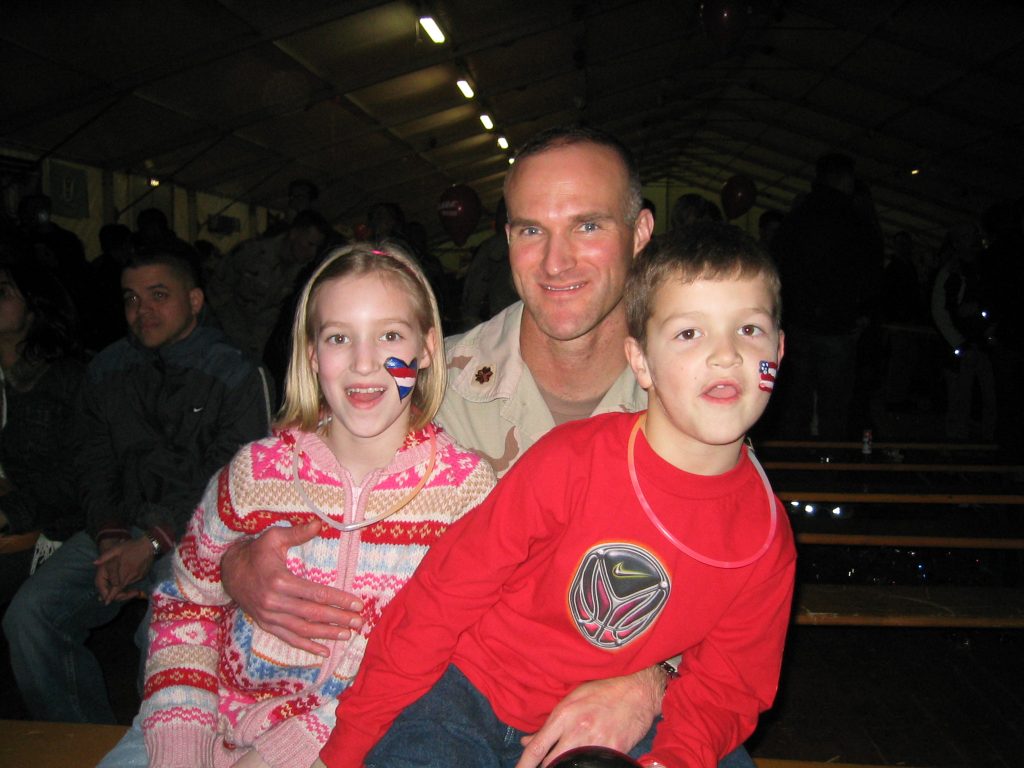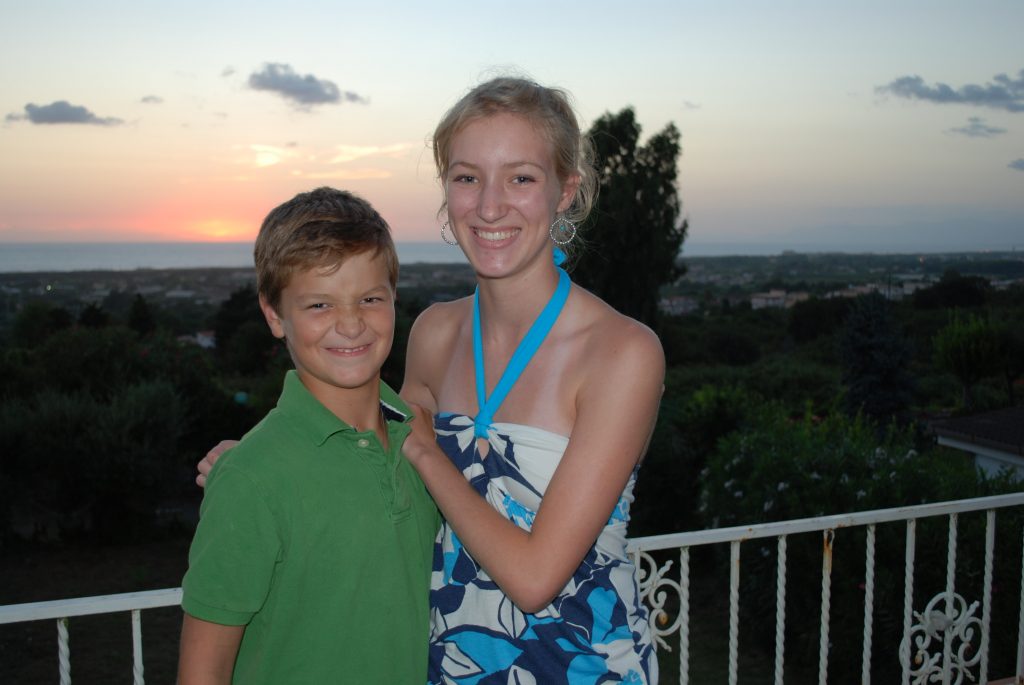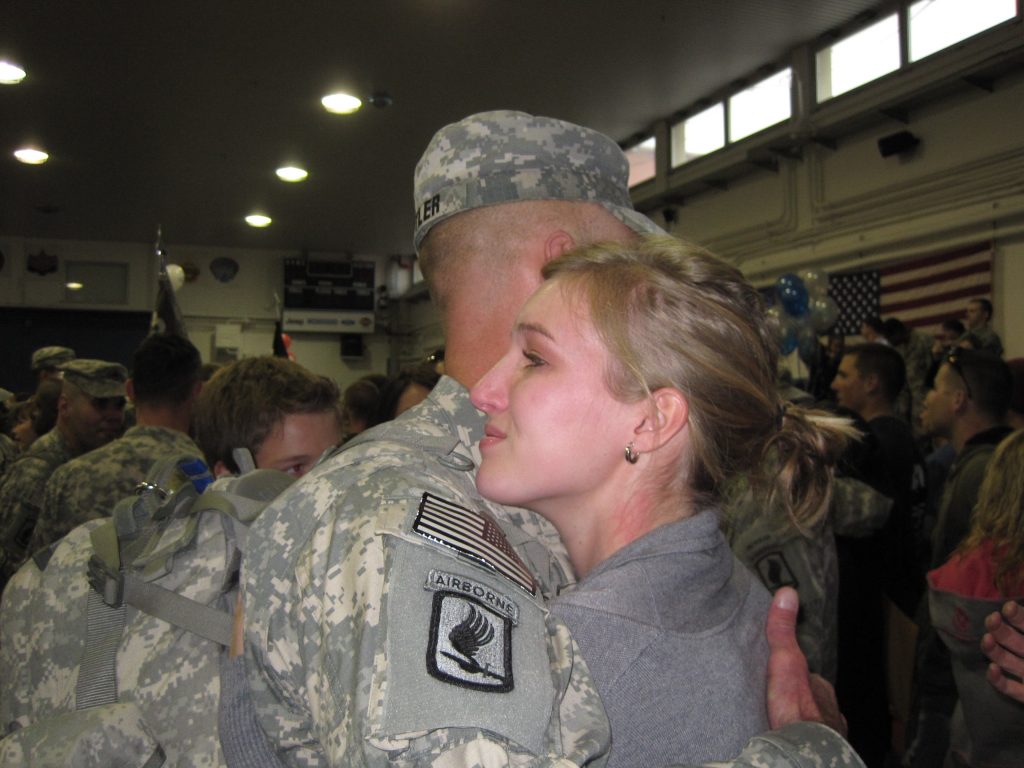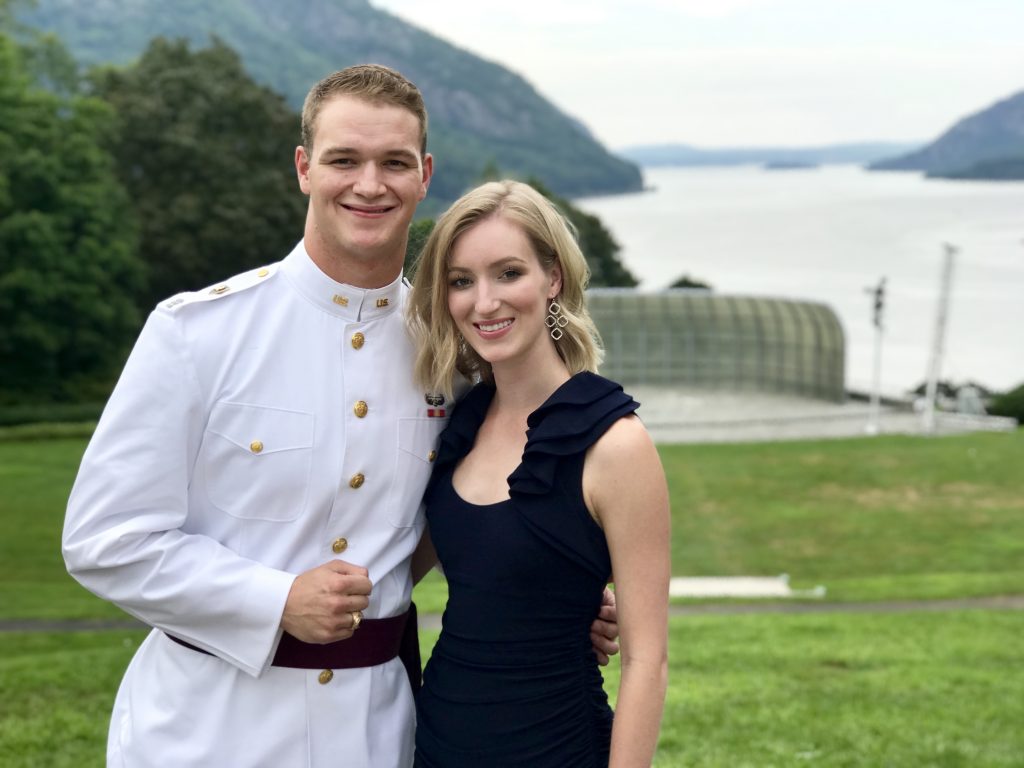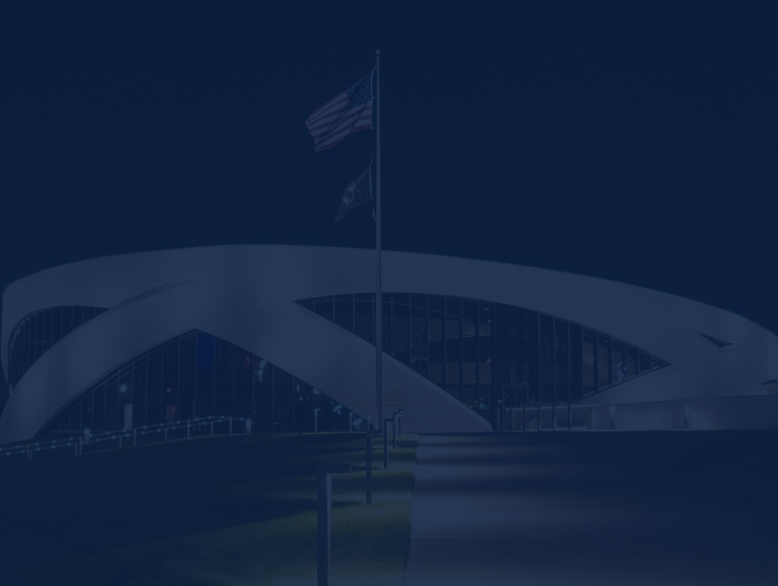by Bill Butler
My wife, an Army brat, and I raised our two children while I served in the Army for 27 years. Our daughter was born at Ft. Benning, Georgia and her younger brother at Schofield Barracks, Hawaii.
Over the course of their childhood we moved to eleven different assignments, five of which were overseas. I deployed to Iraq and Afghanistan three times, spending 33 months in combat, meaning Mindy was a single parent then and for all the pre-deployment training. Our kids completed school, college, and both started careers serving others while I was on active duty.
Deploying with Infantry units from a small Italian base meant the community was devoid of men. The children of the deployed paratroopers were raised as if they lived in a women’s commune. The moms coached all the intramural teams, taught all the Sunday school classes, co-parented with neighbors, and carried on life while their husbands were gone, all while living overseas and far from family support.
One of the many benefits of raising a family in Europe was the opportunity to travel and expose our kids to incredible sites. Famous European cities and quaint villages provided amazing museums, cathedrals, restaurants, and historic sites to visit and explore. The Alps and Dolomites became their playgrounds to ski, snowboard, sled, fish, raft, bike, and swim. Those locations attracted tourists from around the world, exposing our kids to people from other countries, cultures, and religions.
Living in Europe for most of their school years our kids attended Department of Defense schools with children of other soldiers assigned to those bases. Our military is representative of the racial and socio-economic breakdown of our country. As a result, our kids had an incredibly enriching experience going to school and having friends whose parents came from all walks of life. The first time our kids witnessed racism on a trip visiting family in the U.S., they were rightfully horrified. They did not see race or color in other Americans. They were Army brats, and they only saw people as soldiers, other Army brats, or civilians.
One of the things the kids say they miss the most is Retreat at the end of the day. Children on playgrounds or practice fields, walking to the Post Exchange, or just hanging out suddenly stop and face the same direction. They would stand at a passable position of attention and not say a word. The post loudspeakers would play Retreat and the kids knew our national colors were being lowered signifying the end of the duty day. Why did they do that? They have been doing it their entire lives. They watched traffic stop on post, cars pull over to the side of the road, and everyone get out and do the same thing, respect our flag. It was second nature.
To me, an Army brat becomes an adult who is confident in almost any environment. They have an appreciation of the geo-political environment that affects all of us. An Army brat is resilient, adaptable, respectful, has empathy for others, patriotic, dependable, and selfless. To me, an Army brat is a mirror image of a Veteran.
Bill Butler serves as Chief of Staff of the National Veterans Memorial and Museum. He served 27 years in the U.S. Army as a career Infantry officer in airborne and special operations units. He had three yearlong combat deployments to Iraq and Afghanistan. He and his wife, Mindy, are the proud parents of two adult children who both chose careers serving others.


